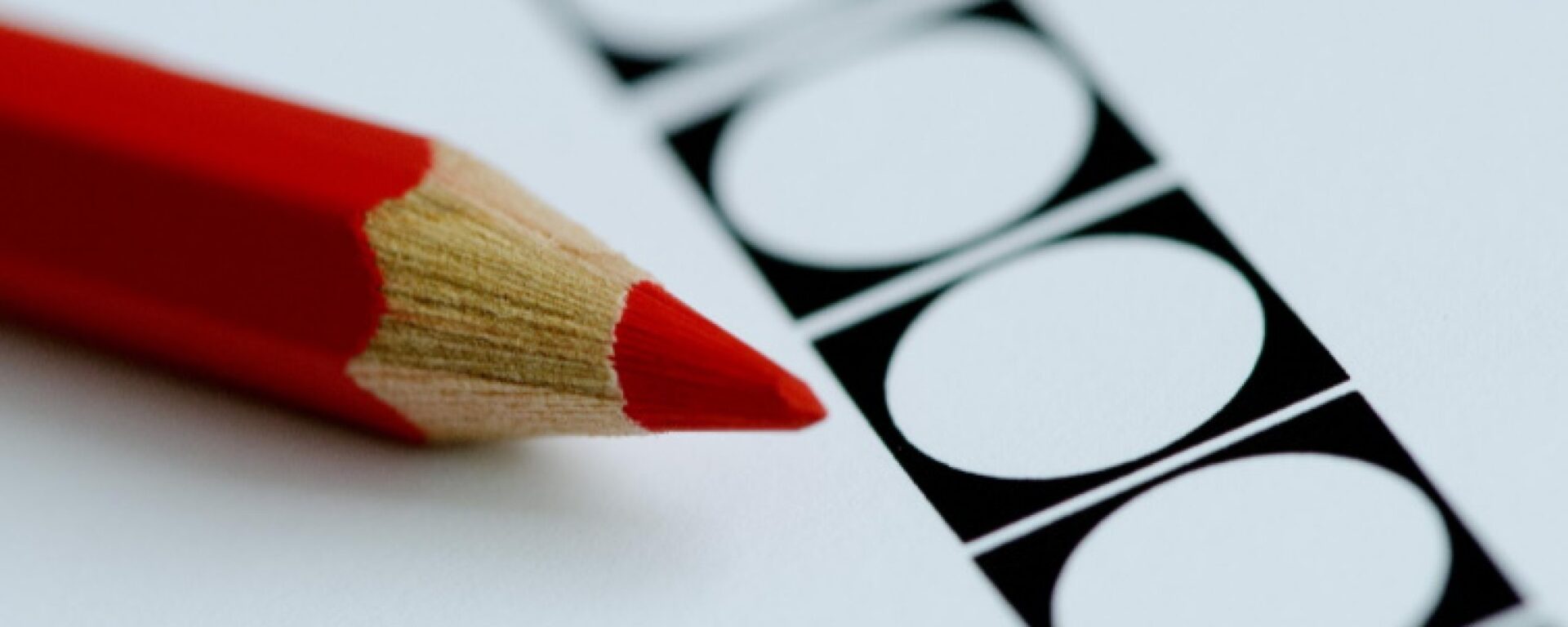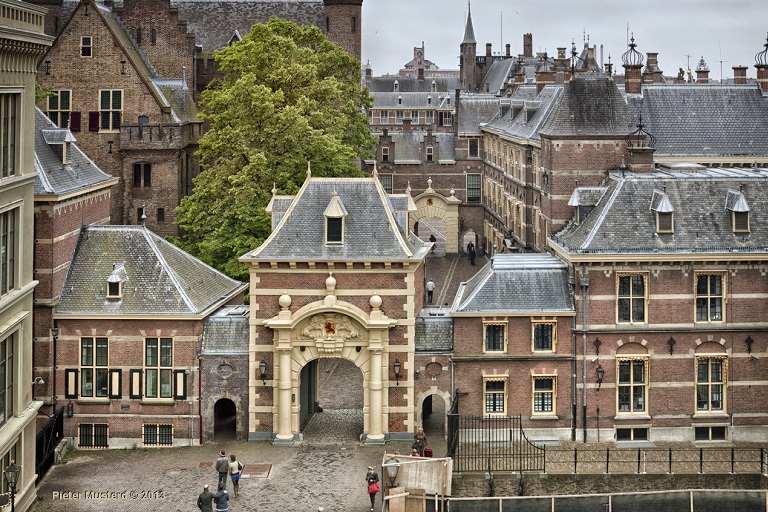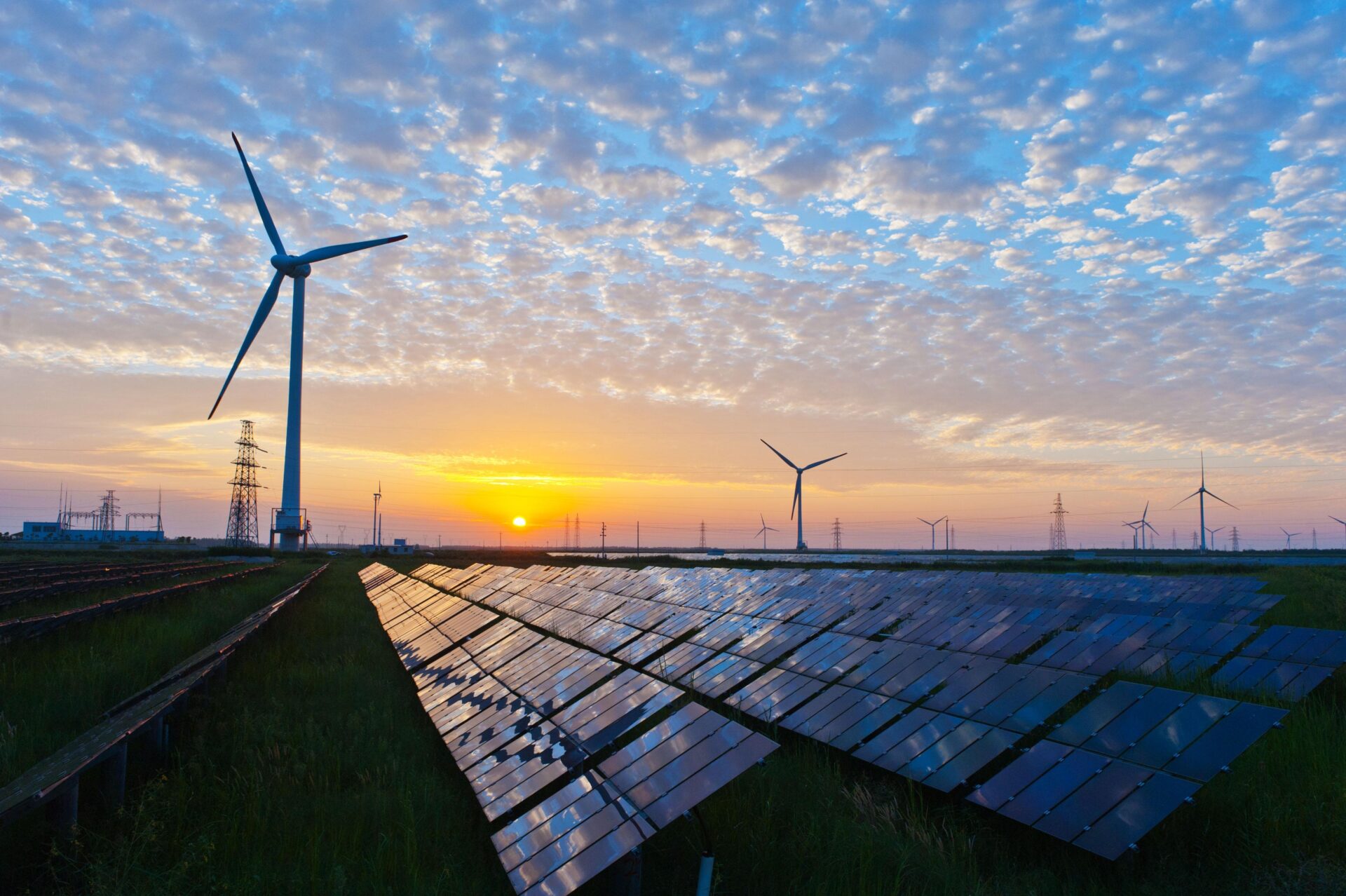On Tuesday afternoon, October 3, a group of energy experts will gather in the atmospheric garden house of the Haagsche Kluis for a workshop on the budget. Aukje de Vries, spokesperson for Finance for the VVD in the Lower House, takes the audience through the budget cycle. Budgeting, why do we do it? 'Politicians are like people,' says De Vries, laughing, 'without a good budget, chaos ensues.' Actually, the Lower House is busy with three budgets throughout the year: those of the past, the current and the coming year. It is therefore difficult to determine the right moment for external input. De Vries is willing to give a hint: "That moment is very early, even before Prinsjesdag," she says.
De Vries also explained that the House of Representatives is bound by strict budget rules that apply to the entire reign. It is important to know these. They indicate where there is room to shift money. The question sounds if De Vries knows what the situation is for the coming cabinet period. 'The coalition agreement? Then I always say with a straight face: 'I'm not allowed to say anything about that.'"
Having refreshed the basics, it's time for a closer look at the Economic Affairs (EZ) budget. 'There is little room for nuance in the energy debate,' says Hans van Cleef, senior sector economist at ABN AMRO. He also sees this reflected in EZ's budget. 'The public wants a black-and-white discussion,' Van Cleef says while showing a picture of a zebra. The message? The zebra needs a rainbow jacket. After all, the energy debate has more colors than just black and white.
The government must also appeal to people, Van Cleef argues. The need for awareness of sustainability is growing, and therefore the government should allocate marketing budgets for this purpose. Van Cleef also indicates that it is difficult for banks to finance bold renewable energy projects. "The solution lies in standardization and knowledge building. Still, it's not just renewables that are ringing the bell. 'The price of oil in 2018 will be higher than the USD 50 per barrel predicted by the government. The market is picking up, and a balance will emerge,' Van Cleef said.
We have to do it together. Both worldwide, where the Netherlands, for example, provides 2.5 million people with sustainable energy annually, and in our own country. The latter requires "more attention to the energy transition, CO2 reduction and consumer awareness," says Van Cleef.
In short, the budget is very important, but energy policy cannot be captured in numbers alone.
[rev_slider alias="budget"]
Photos by Annemoon van Hemel, text by Sam Lansink


